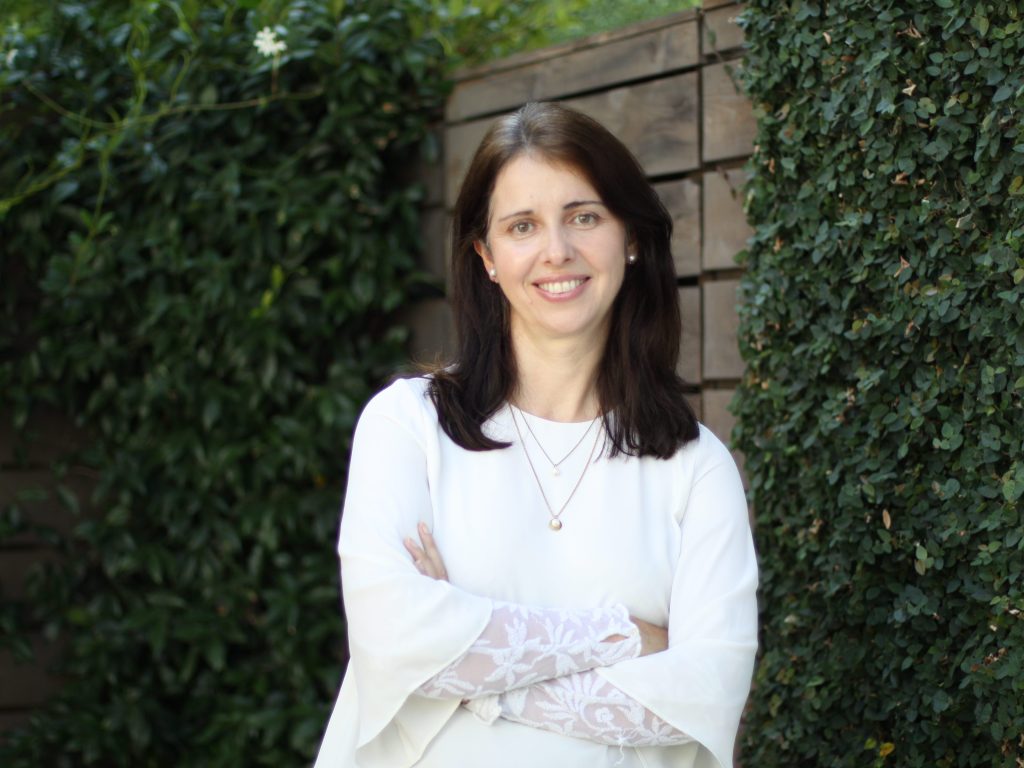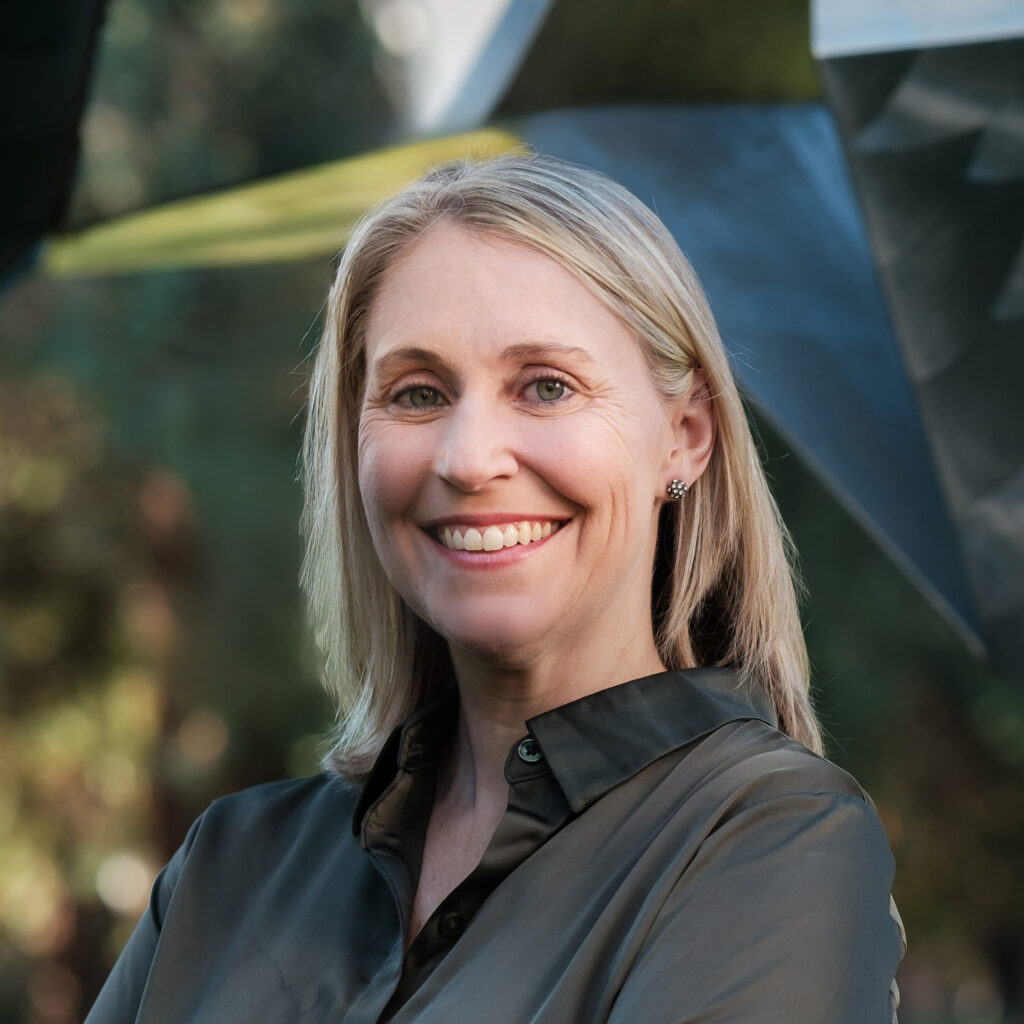Dear colleagues and partners of the Stanford Accelerator for Learning:
As I mark my first year as Executive Director of the Stanford Accelerator for Learning, I wanted to share a few reflections on this past year and chart a path forward.
Please let me start with a few personal words. As someone who came from a longstanding private sector background scaling mission-oriented ventures, joining the realm of academia was an exhilarating leap into uncharted territory. Little did I know that this journey would become a transformative experience. From the very first day, I was enveloped by the vibrant spirit of Stanford and the collective brilliance of our scholars, staff, and students. The intellectual rigor, the relentless pursuit of knowledge and innovation, and the dedication to excellence were palpable in every interaction. It was clear to me that I had joined a community of trailblazers united by a shared commitment to push the boundaries of what is possible in education and learning.
Our journey began with a bold vision to transcend boundaries, be daring, challenge the status quo, and ignite new connections between research and practice. And what a journey it has been!
New thematic initiatives
When I joined the Stanford Accelerator for Learning, we had two faculty-led initiatives: Learning Differences, co-led by Elizabeth Kozleski and Ira Lit, and Digital Learning, co-led by Dan Schwartz and Kristen Blair. We added five new thematic initiatives over the past year.
First, after joining the Stanford faculty, Philip Fisher launched the Stanford Center on Early Childhood (SCEC) in November 2022, a major effort to drive new solutions in early learning and development. Shortly afterwards, ChatGPT was announced and we quickly mobilized. Victor Lee took on the role of faculty lead for AI + Education. We drove convenings with teachers in partnership with OpenAI, catalyzed energy from our scholars and students across campus, and launched new research and design with seed grant funding and Accelerator Studio supports.
In February 2023, we welcomed back to Stanford two veteran scholars, Susanna Loeb and Candace Thille, who launched new efforts on Education Policy and Systems Change for Good and Adult and Workforce Learning, respectively. More recently, under the leadership of a task force driven by Bryan Brown, we launched our Equity in Learning initiative in May 2023. In driving those efforts, we have woven a tapestry of collaborations, partnering with educational institutions, community organizations, and industry pioneers to bring education within reach of those who need it most.
Interdisciplinary impact
Through our faculty affiliate community, with more than 70 faculty across all seven Stanford schools, we have embraced interdisciplinary approaches that foster collaboration to solve complex challenges. A few examples of scholarly work that has influenced new solutions, policies, and practices across the globe:
- Our seed grant Generative AI for the Future of Learning, launched in February 2023, garnered extraordinary interest from scholars and students across campus. The 16 selected projects are driving new research and design to advance teaching and learning with generative AI. Meanwhile, we are exploring the next phase of impact grants for our Virtual Field Trip seed grantees.
- Rapid Online Assessment of Reading (ROAR), developed by Jason Yeatman, provides highly reliable indices of reading ability, allowing for earlier detection and interventions for children with dyslexia. ROAR now reaches more than 100,000 learners.
- High impact tutoring, researched by Loeb, has scaled to serve more than 10% of all K-12 learners in the United States.
- The M-Powering Teachers automated teacher feedback tool, developed by Dora Demszky, improves instructors’ communication practices and student satisfaction.
- The RAPID-EC monthly survey of more than 10,000 families with children under five, led by Fisher, has been widely adopted nationally and globally, driving research-informed policy changes.
- A new partnership with Santa Clara School District, led by Kozleski, is building a lighthouse model of inclusive education, bringing innovations in learning differences to schools.
- Our education entrepreneurship programs for Stanford students, including the Learning Design Challenge, equip young scholars with the skills, knowledge, and mindsets needed to navigate the ever-changing educational landscape.
The heartbeat of our accelerator lies in the visionary endeavors of our scholars, students, staff, and partners. I am humbled by their audacity and inspired by their unwavering dedication to creating a brighter future of learning.
Looking ahead, working together
We are unwavering in our pursuit of collaborative partnerships, recognizing that together we can achieve more, innovate faster, and amplify our impact. We look forward to celebrating the 15th year of the Graduate School of Education’s research practice partnership with San Francisco Unified District, led by Laura Wentworth, in 2024. We also appreciate our collaborators, including the Yidan Prize Foundation, Common Sense Media, Digital Promise, GSV, Hunt Institute, McGraw Hill, and Reach Capital, to name a few, that share our vision of better connections between research and practice globally. And, we could not do this work without the support of our school and learning partners, our teacher fellows, our generous donors, our Board of Trustees, our Graduate School of Education’s Advisory Council, our SCEC Leadership Council, our Entrepreneurs in Residence, and our Stanford alumni. Dear colleagues and partners, our journey has just begun. The path ahead is filled with challenges, but we stand united, armed with passion, resilience, and an unyielding belief in the transformative power of learning. I am reminded of this quote by Dean Dan Schwartz: “I think of learning more like learning to dance than strengthening a muscle. You want to coordinate all the systems to work together.” Will you dance with us?
With deep gratitude and endless inspiration,
Isabelle Hau
Executive Director
Stanford Accelerator for Learning
To receive future updates, subscribe to the Stanford Accelerator for Learning newsletter here.



